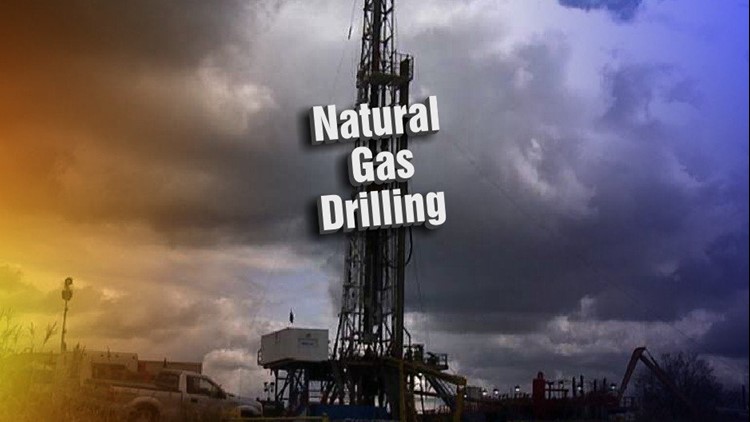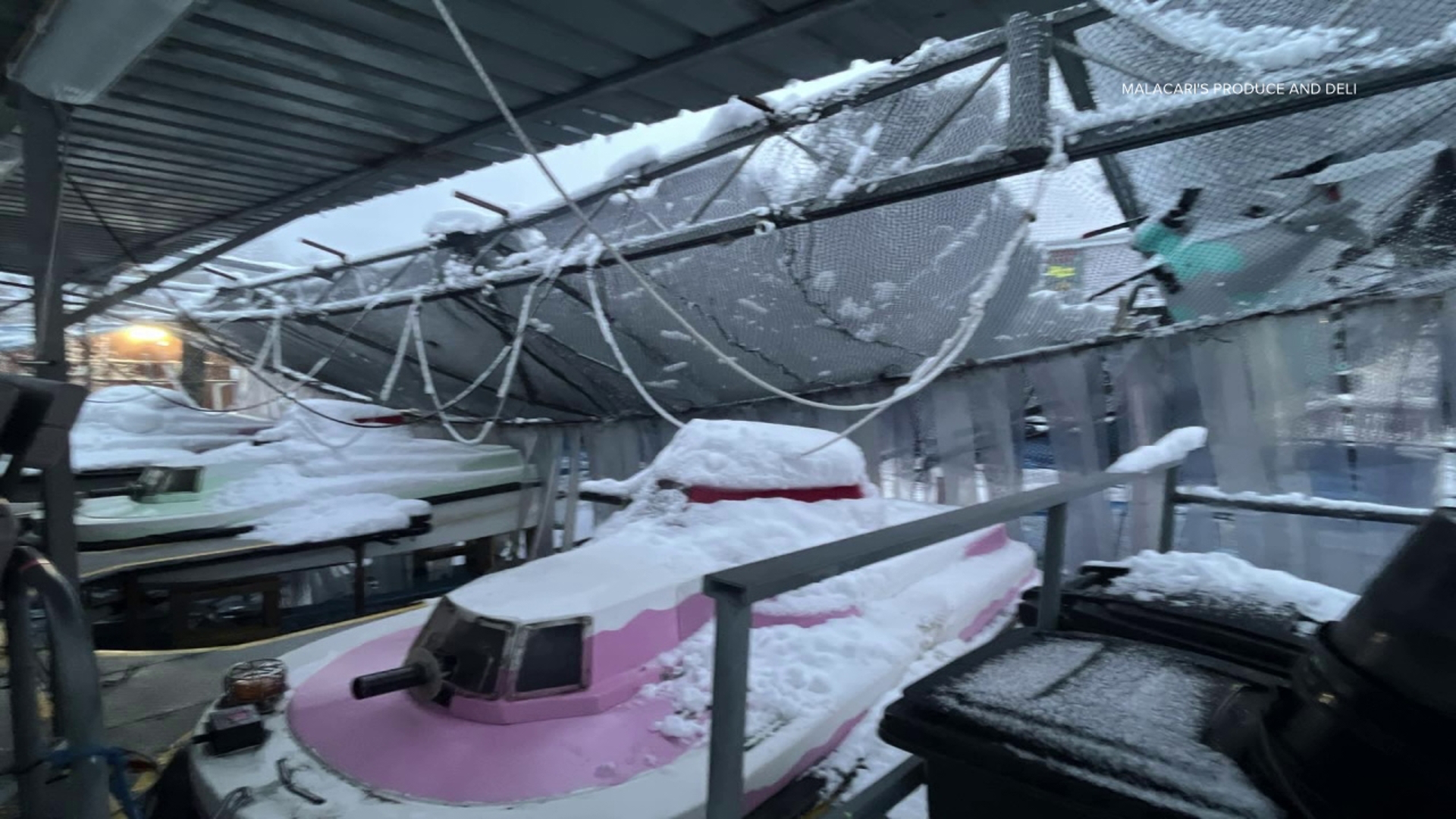PLAINS TOWNSHIP -- Pennsylvania's budget is still not a done deal. Lawmakers still need to agree how to pay for the $32 billion spending plan.
Late last month, the Senate narrowly approved a new tax on the natural gas industry, but gas companies have been against it for a decade and still are.
It's called a severance tax. Every other state with natural gas has one and facing a $2 billion budget deficit, even Republican senators voted for the tax which Governor Tom Wolf supports.
Now it's up to the House to decide if the gas industry should pay millions to help plug that massive budget gap.
It's been roughly a decade of drilling, fracking, and extracting natural gas from the Marcellus Shale, an area that primarily includes Susquehanna, Wyoming, Bradford, and Lycoming counties in our area.
Over the years, there have been calls to tax the oil and gas industry for taking the resources out of the ground. The so-called severance tax is on the table once again as the Commonwealth deals with a massive budget shortfall.
However, industry leaders are once again taking the position a severance tax would have a negative effect on a sluggish Marcellus Shale economy.
"You will have a reduction in capital spending here. You will have a reduction in jobs being developed here," said Marcellus Shale Coalition President Dave Spigelmyer.
Spigelmyer invited Newswatch 16 for an interview during the industry group's conference at Mohegan Sun Pocono near Wilkes-Barre.
Companies including Williams, Seneca Resources, Chesapeake, Southwestern and more spend a few days discussing regulations and legislative matters among other things.
Ask Spigelmyer about the proposed severance tax and he believes natural gas developers are already paying their fair share. $170 million last year alone in natural gas impact fees.
"Now, we're going to pancake a tax on top of that tax and a tax on top of that for hitting downstream users of natural gas. I think we give away our competitive advantage to use that most affordable energy on the planet to grow manufacturing jobs and new commercial jobs here in Pennsylvania," he said.
Faced with that $2 billion budget deficit, state lawmakers are now considering the severance tax, one that would generate $100 million. Not nearly enough to solve the budget crisis, however, many believe it's still fair to tax natural gas companies that continue to reap the benefits of the Marcellus Shale.
"Our legislators in Harrisburg have decided a shale tax is just not good for these big businesses. It's good for us to pay the taxes, but these big businesses always get to not pay the taxes," said Tom Tosti, District Council 88 Director for AFSCME Council 13 in Philadelphia.
Spigelmyer does point out that because Pennsylvania's pipeline infrastructure isn't up to par, gas prices in the Marcellus Shale continue to lag behind national prices.
Currently, there are about three dozen drilling rigs in the state down from more than 100 during the height of the natural gas boom six years ago.



